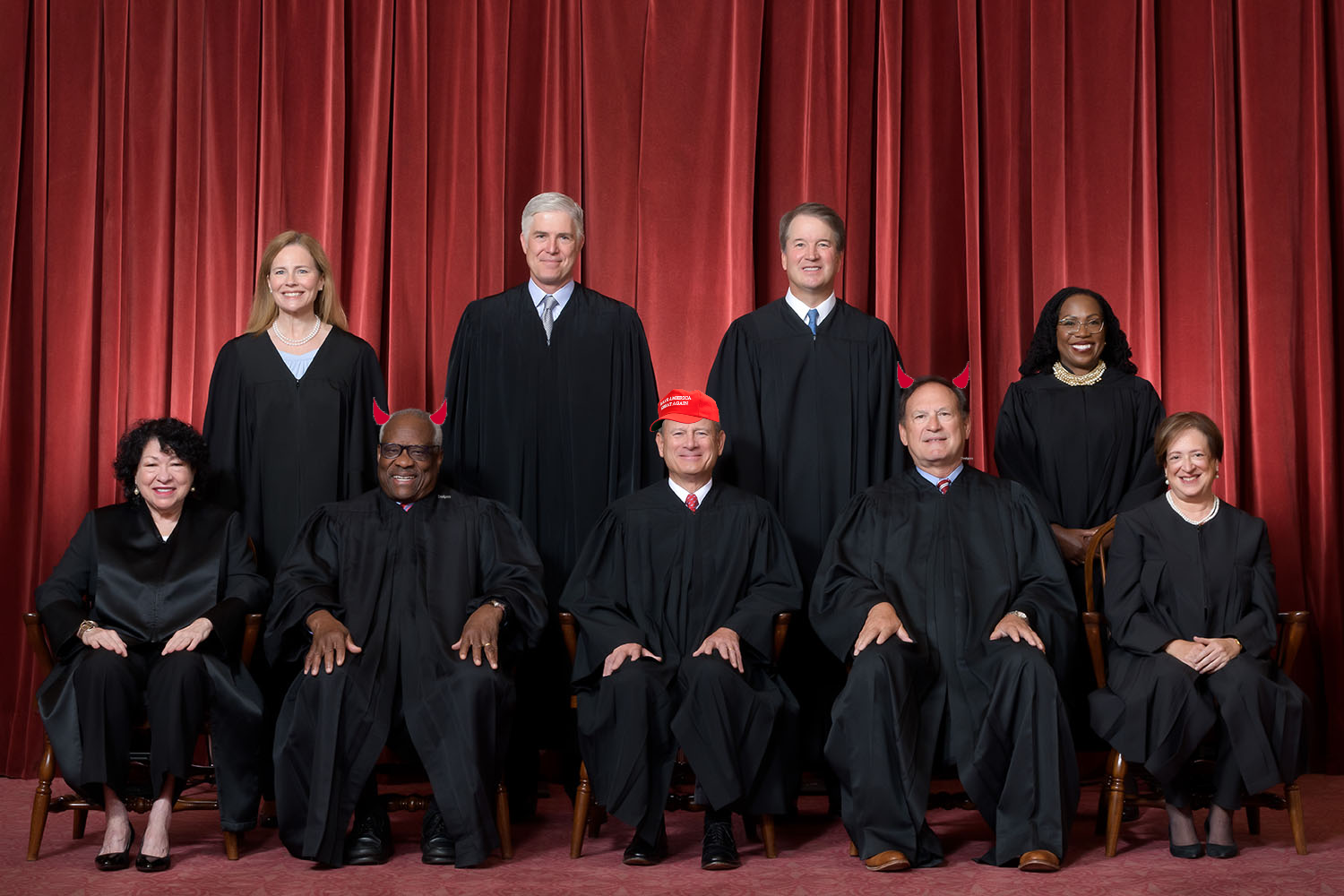Leah Litman on an unhinged SCOTUS and expanding the Court
Leah Litman on what's happening with the Supreme Court and how Democrats should respond.

The Supreme Court isn't supposed to be a highly partisan institution, but it's always been political. In recent months, the Court has seemed more partisan than ever. Wherever the Court has been able to help out Donald Trump, it's felt like it's gone out of its way to do so.
Let's just look at the numbers. On the Court's "shadow docket," where it quickly issues orders that are unsigned and unexplained, there's been a noticeable change in how often it sides with the administration. During former President Biden's term, it sided with the administration 53 percent of the time. During Trump's second term, it has sided with the administration 84 percent of the time.
A strange coincidence, you might say, from a court with a 6-3 conservative majority. While Chief Justice John Roberts has often tried to appear as if he's some moderate who cares deeply about the legitimacy of the Court, many are wondering if he's not just another Trump-loving Republican. Who's to say.
"I don't think he wants to do anything more than just preserve the veneer or appearance of legitimacy," Leah Litman, a professor of law at the University of Michigan and co-host of the Strict Scrutiny podcast, tells me.
"He's a Republican. He worked in Republican administrations," Litman says. "His sympathies on a lot of issues are completely with his Republican colleagues and the Trump administration, whether it comes to their war on affirmative action or their war on trans rights. He's just completely with them on that. Unlimited amounts of spending in elections. He's with them on a lot of issues."
Litman says the Court has been giving Trump "an ever-expanding set of powers" without acknowledging how a president like Trump might use said powers. She cites the recent shadow docket decision to allow ICE to engage in racial profiling.
"I think giving the Trump administration the power to basically conduct roaming patrols—doing racial profiling where they basically have the authority to stop and question half of LA's population," Litman says. "That’s a pretty significant authority."
The Court doesn't seem to be operating "within reality," Litman says, and it acts as if Trump is just some regular politician who respects political norms. Obviously, that's not the case.
Whenever we're looking at something alarming that's happening in the political world, it's often helpful to try to place it within historical context. So how bad is this court compared to courts past? Litman gives it a bad rating.
"I think it's definitely up there with the Taney court and the Lochner court—very immersed in a new Gilded Age and protecting the interests of the mega-rich. Very reactionary," Litman says. "An anti-egalitarian court."

The Taney court infamously gave us the Dred Scott decision, which said that black Americans were not citizens and Congress could not ban slavery in U.S. territories. This helped bring us closer to the Civil War. The Lochner court was known for ruling against the rights of workers and in favor of business interests.
Many Democrats argue that when they regain power—assuming that happens—it will be absolutely necessary to expand the Supreme Court. This Court is too extreme and will prevent them from accomplishing anything significant, they'll argue.
"I absolutely think major national Democratic candidates need to understand that Supreme Court reform has to be part of any conversation about democracy reform," Litman says.
Whether it's federal voting rights legislation or limiting partisan gerrymandering, dark money or presidential power—Litman says none of that is going to survive this Supreme Court.
"The Supreme Court isn't going to allow a Democratic Congress and Democratic White House to do any of those things," Litman says. "If you want to actually be able to legislate in service of the public interest, you need to recognize that the current Supreme Court isn't going to allow you to do that, and that they, too, are part of the problem with our democracy."






